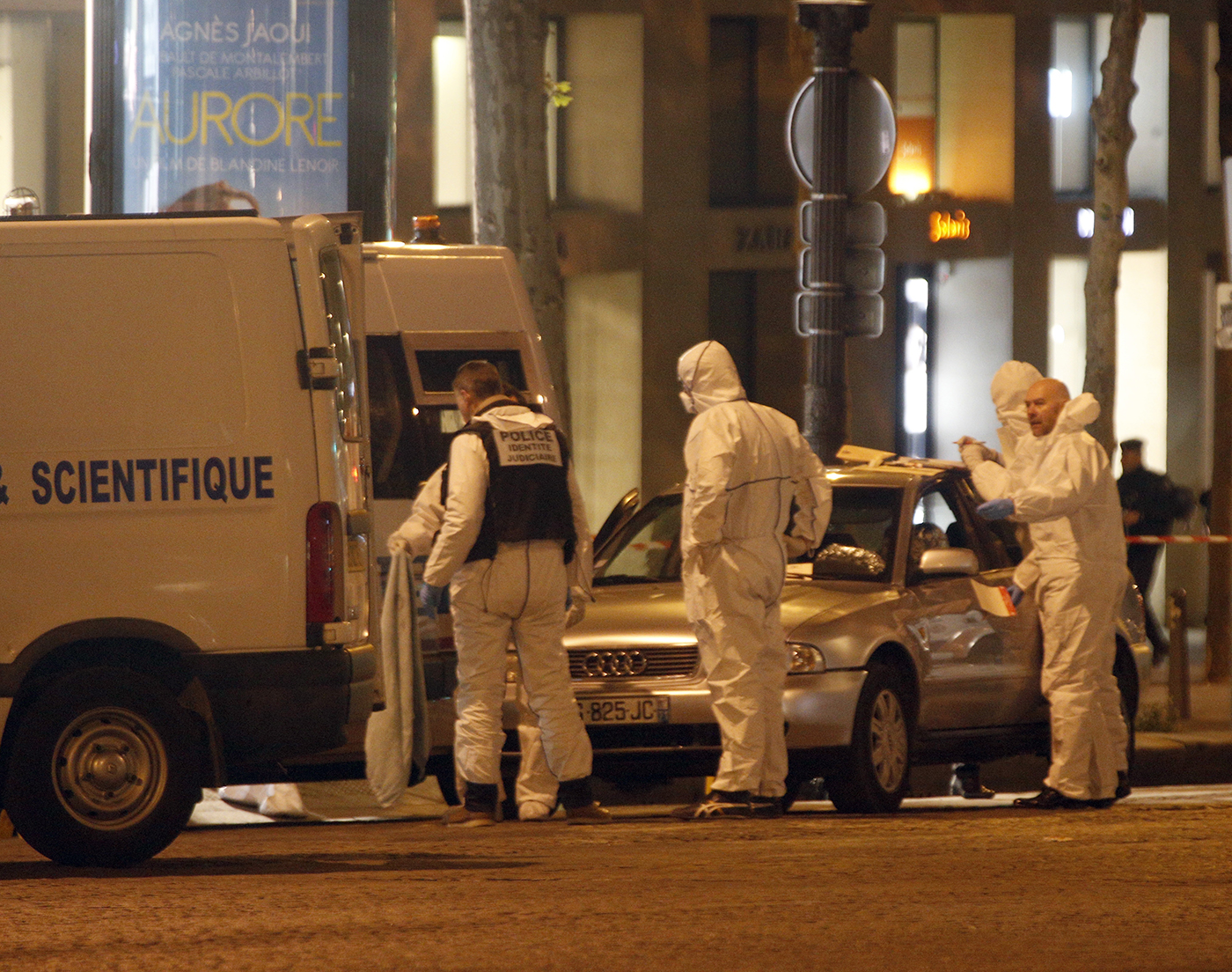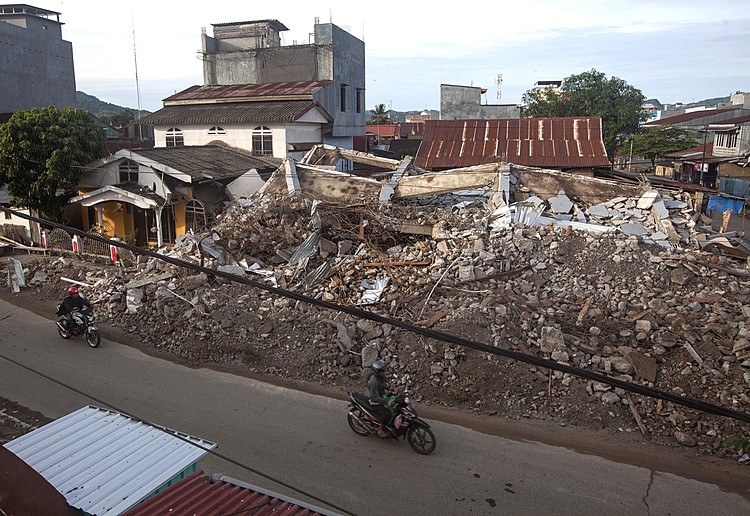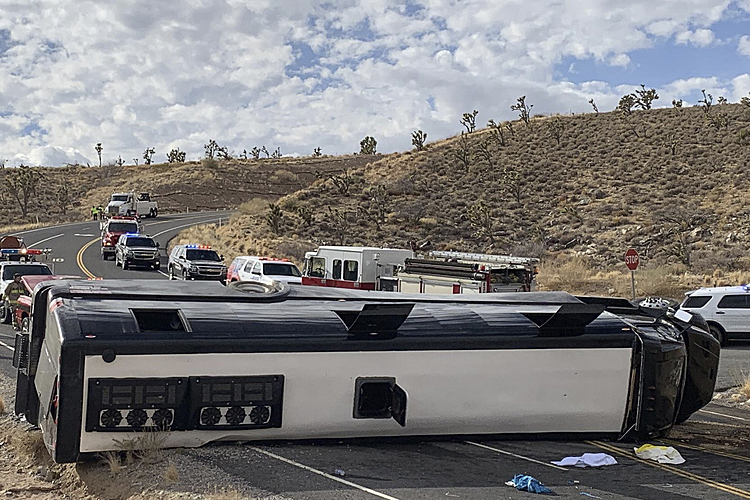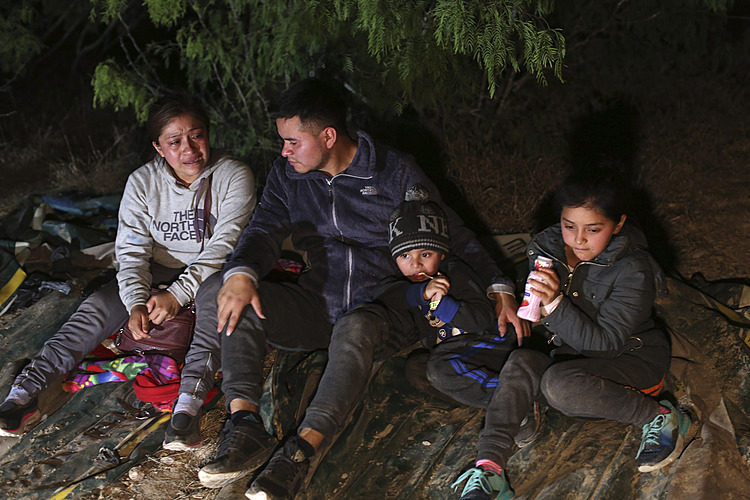A look at the wiretap flap from Trump tweets to Capitol Hill
WASHINGTON (AP) — President Donald Trump's startling allegation that former President Barack Obama tapped his phones during last year's election is pitting the White House against U.S. intelligence officials, sparking grave concern in law enforcement circles and alarming Democrats and Republicans alike.
A look at the controversy:
TRUMP'S ALLEGATION
On Saturday, March 4, while at his Florida estate, Trump angrily tweeted that Obama was behind a politically motivated plot to upend his campaign. He alleged that the former president conducted surveillance in October at Trump Tower, the New York skyscraper where he ran his campaign and transition. He also maintains a residence there.
He compared the alleged surveillance to "Nixon/Watergate" and "McCarthyism." Moreover, he called Obama a "Bad (or sick) guy."
The tweets reflected the president's growing frustration with swirling reports about his advisers' alleged ties to Russia. Questions about his campaign's ties to Russia have been compounded by U.S. intelligence agencies' assessment that Russia interfered with the election to help Trump triumph over Hillary Clinton, along with disclosures about his aides' contacts with a Russian official.
OBAMA DENIES IT'S TRUE
No president can legally order a wiretap against a U.S. citizen. Obtaining one would require officials at the Justice Department to seek permission from the Foreign Intelligence Surveillance Act court, which is shrouded in secrecy.
Obama spokesman Kevin Lewis said a "cardinal rule" of the Obama administration was that no White House official ever interfered in Justice Department investigations, which are supposed to be conducted free of political influence.
"As part of that practice, neither President Obama nor any White House official ever ordered surveillance on any U.S. citizen," Lewis said, adding that "any suggestion otherwise is simply false."
TRUMP KICKS IT TO COMMITTEE
A few days later, Trump asked Congress to investigate his allegations. Without saying where the president got the information that lead to his tweets, White House spokeswoman Sarah Huckabee Sanders said Trump was "going off information that he's seen." If the allegation were true, she said, "this is the greatest overreach and the greatest abuse of power that I think we've ever seen and a huge attack on democracy itself."
TRUMP STANDS ALONE
With Democrats and some Republicans on Capitol Hill refusing to embrace Trump's wiretap allegation, the president was out on a limb.
Sen. John McCain, R-Ariz., chairman of the Senate Armed Services Committee, pressured Trump to provide the public with more information about his allegation. "The dimensions of this are huge. It's accusing the president of the United States of violating the law. That's never happened before," he said.
For a while, it appeared that the White House was walking back Trump's tweets.
White House press secretary Sean Spicer tried to clarify Trump's comments, saying the president wasn't using the word wiretapping literally. "The president used the word wiretap in quotes to mean broadly surveillance and other activities," Spicer said. He also suggested Trump wasn't accusing Obama specifically, but instead referring to the actions of the Obama administration.
But Trump himself didn't back down. He predicted in an interview with Fox News that there would be "some very interesting items coming to the forefront over the next two weeks." He didn't elaborate. It remains unclear if he's holding onto some evidence that justify his tweets.
COMEY TALKS
In testimony Monday at a politically charged congressional hearing, FBI Director James Comey brought the curtain down on speculation about the wiretap.
"With respect to the president's tweets about alleged wiretapping directed at him by the prior administration, I have no information that supports those tweets, and we have looked carefully inside the FBI," Comey said. The same was true, he added, of the Justice Department.
With the denial by the nation's top enforcement official, the controversy appeared dead.
CHAIRMAN MUDDIES THE WATER
On Wednesday, the Republican chairman of the House intelligence committee held a hastily scheduled news conference to make a startling announcement.
"I recently confirmed that on numerous occasions, the intelligence community incidentally collected information about U.S. citizens involved in the Trump transition," Rep. Devin Nunes, R-Calif., said. "Details about persons associated with the incoming administration — details with little apparent foreign intelligence value — were widely disseminated in intelligence community reporting."
Nunes also said that he had confirmed that Trump transition team identities were unmasked. "I want to be clear," he said. "None of this surveillance was related to Russia, or the investigation of Russian activities, or of the Trump team."
Nunes told members of the news media before consulting with members of his committee and then went to the White House to share his information with Trump.
Nunes' actions incensed Democrats on the committee and further
"The chairman will need to decide whether he is the chairman of an independent investigation, which includes allegations of potential coordination between the Trump campaign and the Russians, or whether he is going to act as a surrogate of the White House, because he cannot do both," said the ranking Democrat on the committee, Rep. Adam Schiff, D-Calif.
Schiff said the chairman's actions raised doubt about whether the House intelligence committee's investigation can be impartial.
Nunes apologized on Thursday to members of the committee, which was scheduled to hold its second hearing of the investigation next week.











